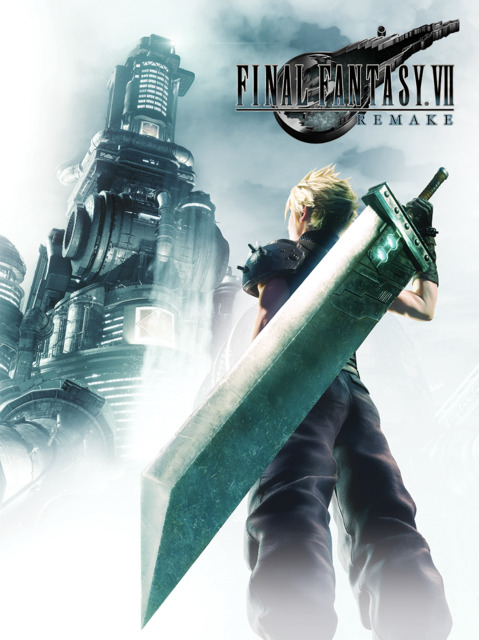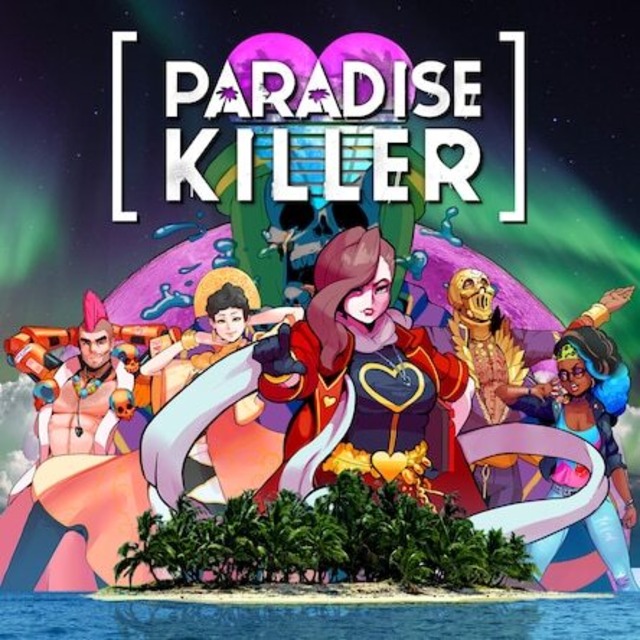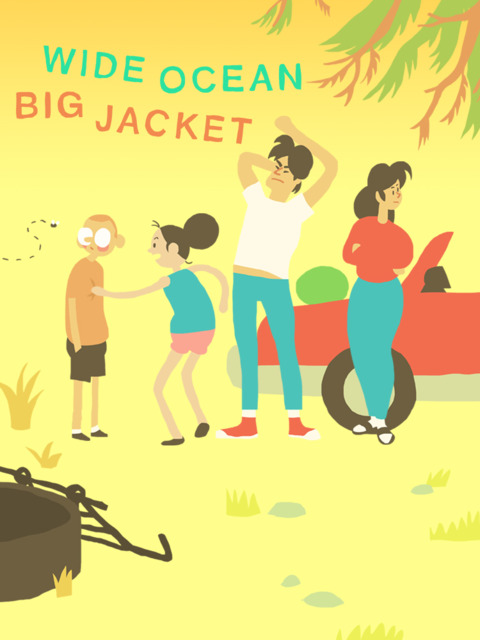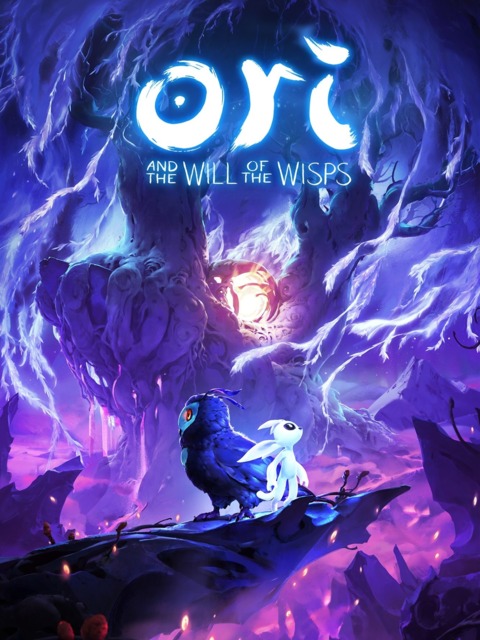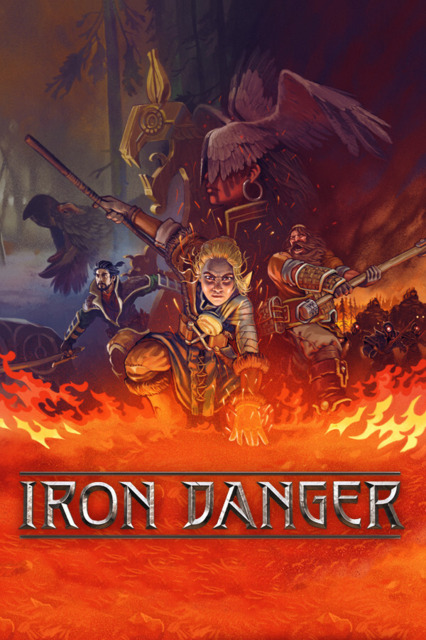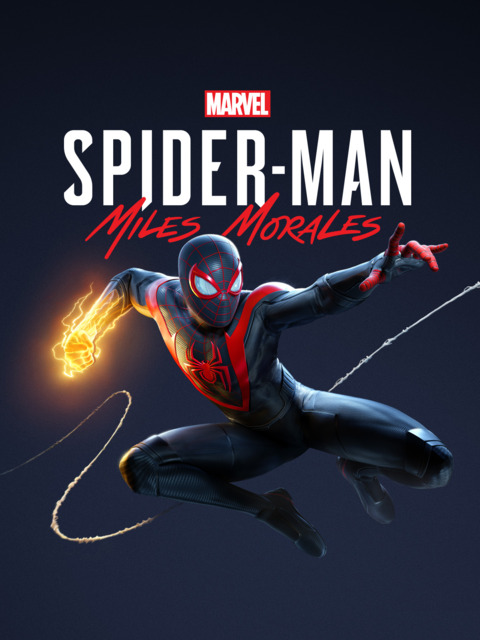GOTY 2020
Hey look, I made an end of year list before the end of January! Yay me!
Look, we all know that 2020 was a bad year, but we also know that we're here to celebrate games we love. So without further ado: my favorite games of 2020!
Honorable mentions: Bloodstained: Curse of the Moon 2, Ghost of Tsushima, Astro's Playroom
Some games I haven't gotten around to yet but might end up liking: Spiritfarer, 13 Sentinels: Aegis Rim, The Pathless
-
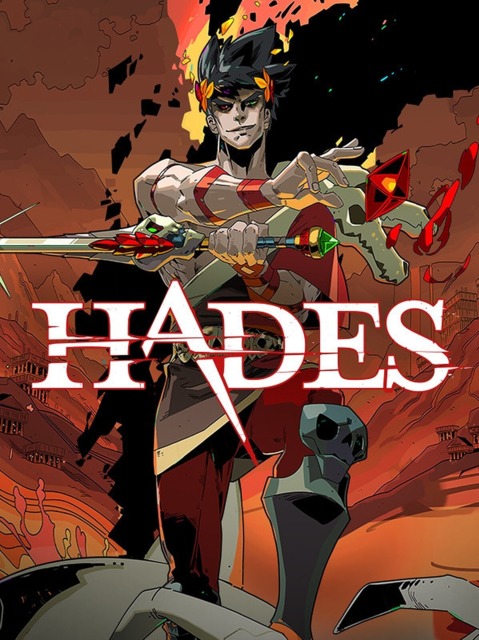
Like the Greek myths that are the source material for it, Hades uses the pantheon of gods, goddesses, monsters and strange magic to tell a human story. Hades is a game about family, mending fences, and dealing with failure. Those aren't just aspects of the story and dialogue alone - they are intertwined with the game mechanically in meaningful ways. You repeatedly attempt to wreck your way out of the underworld as Prince Zagreus, son of Hades, in a selfish but understandable quest for answers and perspective that he could never have while living under his father’s rules. Or maybe all he really wants is the freedom to be rebellious and do something big on his own. It works wonders, and we as players get to see the House of Hades slowly transform from a place of cold stasis to something more resembling a home - messy but warm. Those halls are allowed to come alive because of the life Zagreus breathes back into them, even as he demolishes sections of the larger underworld and finds himself back in the house after a few mis-timed dodges.
All of the narrative trappings, the structure of storytelling, the gorgeous art, the excellent characters and dialogue - it would all make Hades a cool game by itself even if that was the whole game. But of course there is much more; Hades is also a top notch fast paced action roguelike. The basic actions of dodging and attacking are swift and satisfying with any of the weapons available, and punishing yet predictable enemy attacks will keep you on your toes. As you progress through a run you layer powers granted by various gods, or upgrades looted from the underworld's shifting chambers, and your playstyle should shift to maximize the build you have at every moment. Incredibly well realized boss fights provide great dialogue and character development as well as engaging and unique challenges. And then, inevitably, Zagreus will meet one demise or another, and find himself back in his father's house, where there will be new conversations to have and new upgrades to explore. Hades has as close to perfect pacing as I can imagine, and my favorite game of the year.
-
It is very difficult for me to talk about this game in any succinct way, but let me start with this: Final Fantasy VII Remake has probably my favorite RPG battle system of any game ever. The mix of real time action, with the ATB gauge limiting special actions, the ability to freeze time to enter commands, and full control over a party of characters that play completely differently. It is just wonderful. There was simply no point during this lengthy adventure that I grew tired of the basic combat system. It also certainly doesn’t hurt that I’m a huge FF7 fan, and seeing Midgar rendered so spectacularly truly made me giddy at points. While there is no way to know where the series goes from here due to *story developments*, the angle that this remake takes towards the original much beloved game is striking, mysterious, and downright crazy in a way that I am all the way here for.
-
Paradise Killer feels like a small indie team all the way on their own bullshit, leading to one of the most bizarre and creative worlds out there. There are plenty of examples of games that drop you into a world of proper nouns connected by exposition dumps, and I often find them exhausting, presumptuous, and/or pretentious. Paradise Killer, however, manages to present its occult world of either dead or missing gods with extreme sincerity and openness. The mystery you are tasked with solving as the immortal investigator Lady Love Dies is an engaging web of evidence and testimonies that encourages exploration across a tropical island soaked in bright pinks and purples. It’s a place that feels both magical and mundane, where small physical evidence like the nicks on a blade matter as much as the specifics of a demonic possession. Paradise Killer is just a fantastic experience with a vibrant cast that is truly unique from beginning to end. This one will stick with me for a long time.
-
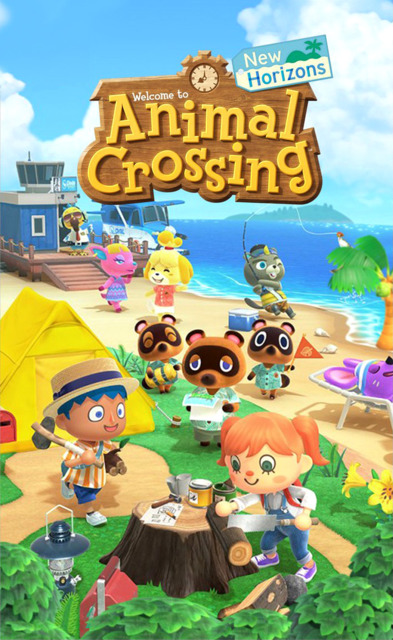
There are I think 3 main reasons that New Horizons worked for me so well this year. The first is obvious: it came out right at the start of lockdowns for the pandemic and is a literal island of calm to retreat to. The second is that I had a group of friends who were all playing the game at the same time, which made it a sort of asynchronous co-op experience of discovering the game, playing the stalk market together, and occasionally visiting each other’s islands. The third is that I do think New Horizons changed parts of the Animal Crossing formula that made it work better for me. I enjoyed the addition of crafting, gathering materials and recipes, and getting to build the island slowly to fit what I wanted. The level of control that you are given (so long as you are the primary player for the island - one of the game’s major issues) is an incredibly welcome change for me. In addition, New Horizons does more than ever before in the series to give you small, discrete goals to achieve, and ties them all into core progression mechanics. Simply put, this is a smart evolution of Animal Crossing, that also happened to be the exact right game for the moment it was released in.
-
Wide Ocean Big Jacket is such a great short story about quiet moments and simple interactions between people. It remains intentionally within the mundane events during a camping trip where the vacationers are specifically not all immediate family. The choice to not depict a nuclear family on this vacation is a great one. This gives more space for the characters to have a believable distance and unfamiliarity so that the player gets more information about them from very simple dialogue and interactions, and pens the door for characters to push out of their comfort zone in impactful ways. Wide Ocean Big Jacket is a joy of a game, presented so genuinely, and I adore it.
-
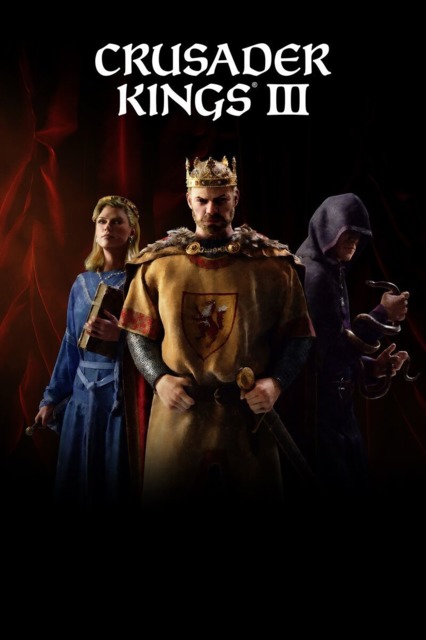
Crusader Kings 3 is my first attempt at the series, and I totally understand how you could lose hundreds (or thousands) of hours playing. It may also be the least conventional game on this list, at least by the standards of games that I most tend to enjoy. There are no real objectives, no end state, no set of core characters that define it. And while you absolutely make decisions that have impacts, the simulation of Crusader Kings 3 will still have at least as much influence on the direction of the game as anything you do. I did not often feel like I was the one driving the game forward, instead I was one actor in a complicated, ever moving world, just trying to hang on. It is like an endless storytelling engine. Nefarious plots and illnesses would throw curve balls any time I dared to get complacent, wars would threaten to upend the entire structure of nations around my kingdoms. It’s intoxicating to see it all happening, even when I realize all I could do was focus on the small things I could control. Make an alliance that may prove useful. Ensure that your heir is capable of ruling one day. Respond to local issues. Tick the clock. The engine keeps going.
-
The second game in the Ori series is beautiful, depressing, and a great evolution of the gameplay from the first game. I loved exploring the gorgeous world and soaring through the landscapes while activating every tool in your belt. Quickly transitioning through different modes of movement and between enemy encounters can be thrilling, and every inch of the experience is drenched in amazing visual detail. Will of the Wisps also tells a tale of loss and friendship that hits similar vibes to the first game, and for most of the experience is just as effective if not more. Overall this is a great package that hits just about everything it was going for to near perfection.
-
Iron Danger is inventive in its approach to tactical combat as a puzzle to be solved, and never ceases to be satisfying. What may start as a bloody ambush with your characters getting completely overwhelmed can quickly morph into a display of awareness and precision that makes your team seem superhuman. And they are, thanks to the magical time-bending powers of the lead hero Kipuna. This magic lets you rewind actions on a timeline, essentially gamifying what traditionally is save-scumming. You move forward in small chunks of time, carefully placing characters and timing actions to deftly block, interrupt, and attack enemies while making sure to manage spacing and cooldowns. Iron Danger feels great to play, doesn’t overstay its welcome, and offers a completely fresh take on conventional game mechanics.
-
This lightly interactive visual novel excels at so much in its ability to convey characters feelings and emotions through writing, simple visuals, and audio; it may be one of the most successful visual novels I’ve seen. If Found presents you with a journal full of written entries and simple drawings that you erase to make progress - a mechanical metaphor that by itself might not carry the game but is interesting and absolutely works. Behind the journal entries is an emotional core that simmers for most of the game, and then occasionally burns through and ignites in ways I didn’t expect. There are sequences in If Found that weeks later I can still see and hear in my mind, but more importantly that I can feel. Even as someone who has not lived the experiences of the main character, I was given a window into their world and I was allowed to at least connect with some small amount of what they were feeling. If Found is stunning and wonderful.
-
Miles Morales is a tighter package than 2018’s Spider-Man, and manages to keep so much of what worked in that game while providing a new spin. The combat is still fluid and freeform, with tons of options that I had a great time mastering. Swinging around the city also remains a huge draw, only further enhanced by how great the game looks and runs on a PlayStation 5. Add on top of that the story of Miles coming into his own as Spider-Man, clashing with supervillains and evil corporations that all directly bleed into his personal life AND the place he lives and loves. This is a true Spider-Man experience through and through. Ultimately, this series may be comfort food to me, but it’s still damn good food, and I was more than happy to come back for a second serving.


